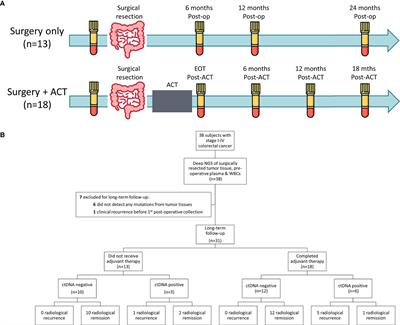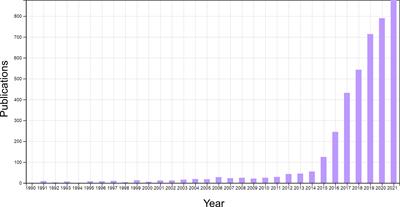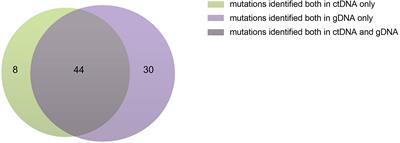EDITORIAL
Published on 01 Jun 2023
Editorial: Circulating tumor DNA in cancer: a role as a response and monitoring “next-generation” biomarker in cancer therapy
doi 10.3389/fonc.2023.1210866
- 1,084 views
- 2 citations
17k
Total downloads
64k
Total views and downloads
Select the journal/section where you want your idea to be submitted:
EDITORIAL
Published on 01 Jun 2023
ORIGINAL RESEARCH
Published on 26 Jan 2023

CASE REPORT
Published on 28 Nov 2022

REVIEW
Published on 29 Sep 2022

REVIEW
Published on 20 Jul 2022

ORIGINAL RESEARCH
Published on 05 Jul 2022

ORIGINAL RESEARCH
Published on 12 Apr 2022

ORIGINAL RESEARCH
Published on 24 Mar 2022

ORIGINAL RESEARCH
Published on 22 Feb 2022

REVIEW
Published on 18 Nov 2021

ORIGINAL RESEARCH
Published on 11 Mar 2021

